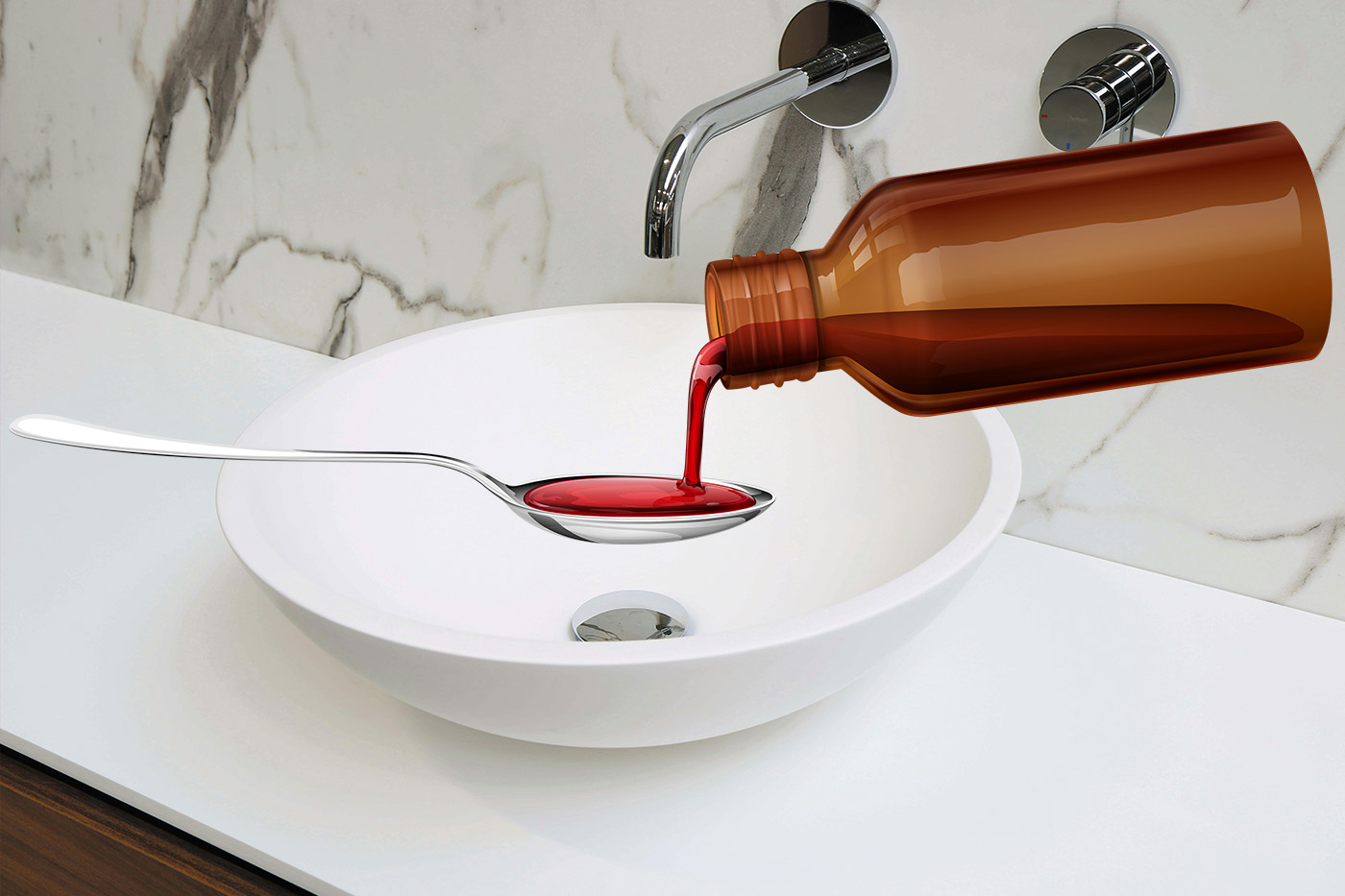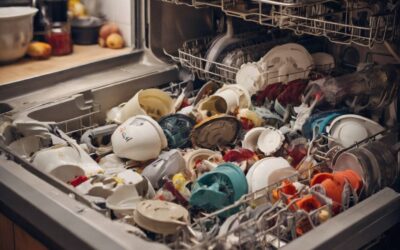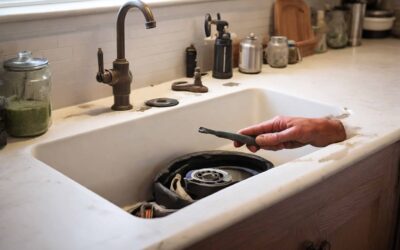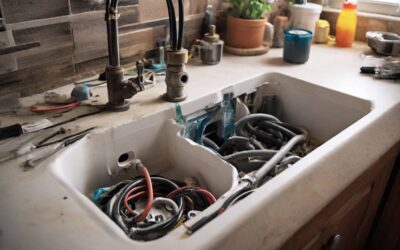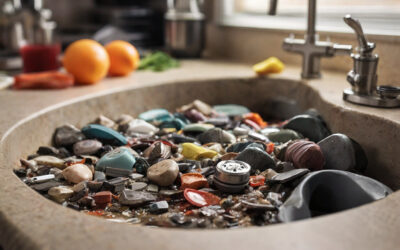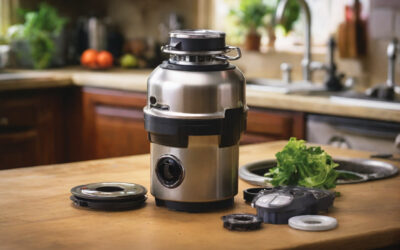Your kitchen drain is the most useful utility of the kitchen. So preventing the pipe from clogging is rather crucial. Many substances can be the cause of clogs in the kitchen. Among them, syrup is the most sticky and solid substance that sticks to drain pipes.
But can you pour syrup down the drain? Technically speaking you can pour it down. But the professional recommendation you never do it. Because it can harm your pipe and cause damage.
Can you pour syrup down the drain?
When it comes to cooking syrups like maple, corn, or fruit syrups. Many people wonder if it’s okay to pour them down the drain. However, pouring syrup down the drain can have serious consequences that are often overlooked. From causing chemical complications to impacting the environment, the ramifications of pouring syrup down the drain are significant and should be considered carefully.
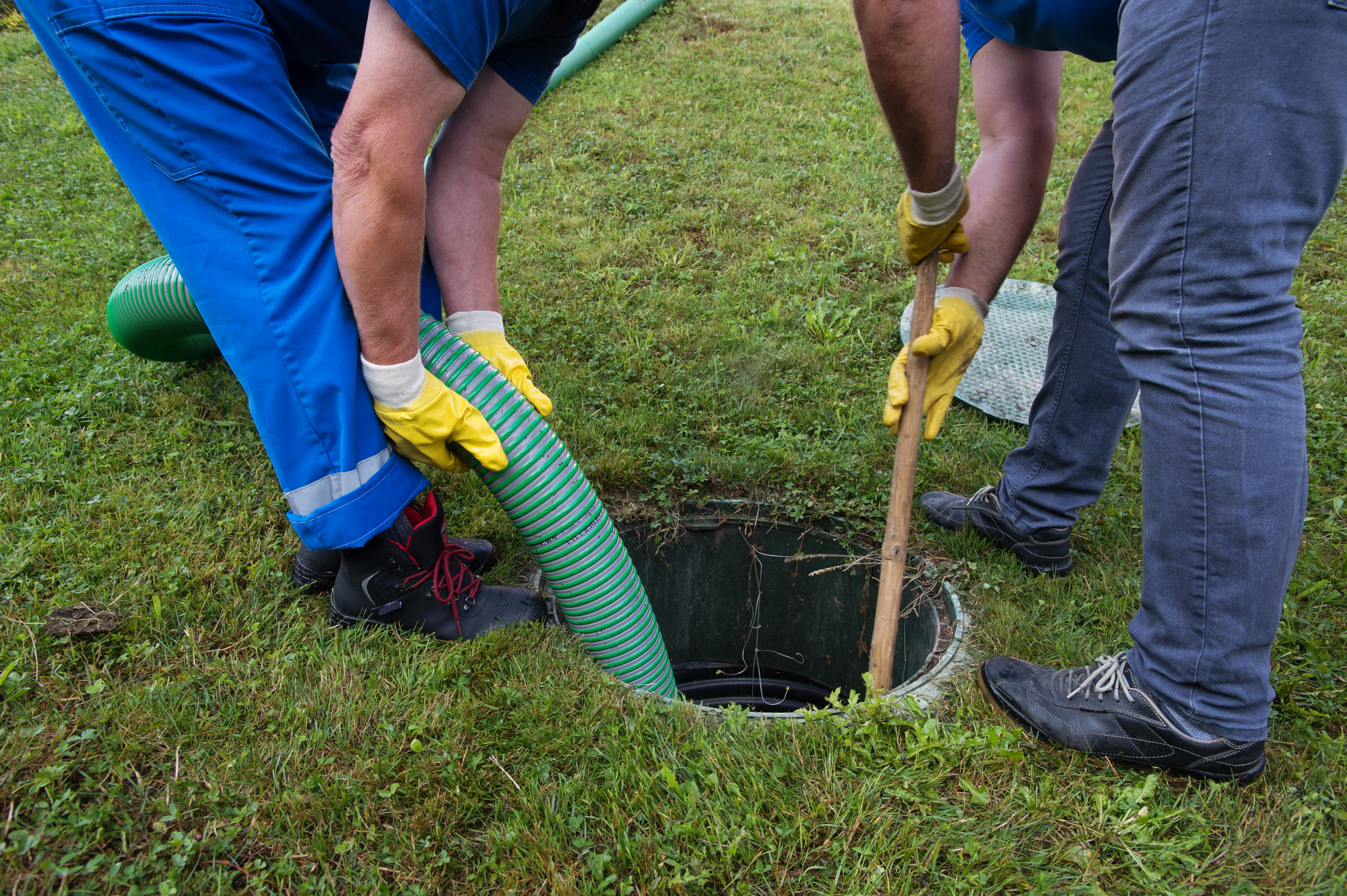
Chemical Complications
When syrup goes down the drain, it can mix with other substances and cause chemical reactions. Syrups contain sugars that can caramelize and solidify when they come into contact with the pipes, leading to clogs and blockages. These blockages can disrupt the flow of water and lead to plumbing issues that are costly to fix.
Environmental Consequences
Pouring syrup down the drain can have detrimental effects on the environment. Syrups can contaminate water sources and harm aquatic life. The sugars in the syrup can deplete oxygen levels in water, affecting the ecosystem. Additionally, when syrup combines with other chemicals in the water supply, it can create toxic byproducts that are harmful to the environment.
What Can You Pour Down Into The Drain
When it comes to pouring items down the drain, it’s essential to be mindful of what is suitable and what can potentially cause a clog or damage to the plumbing system. Knowing what you can safely pour down the drain can prevent potential blockages and keep your pipes in good working condition. Below, we have a list of items that are suitable for pouring down the drain.
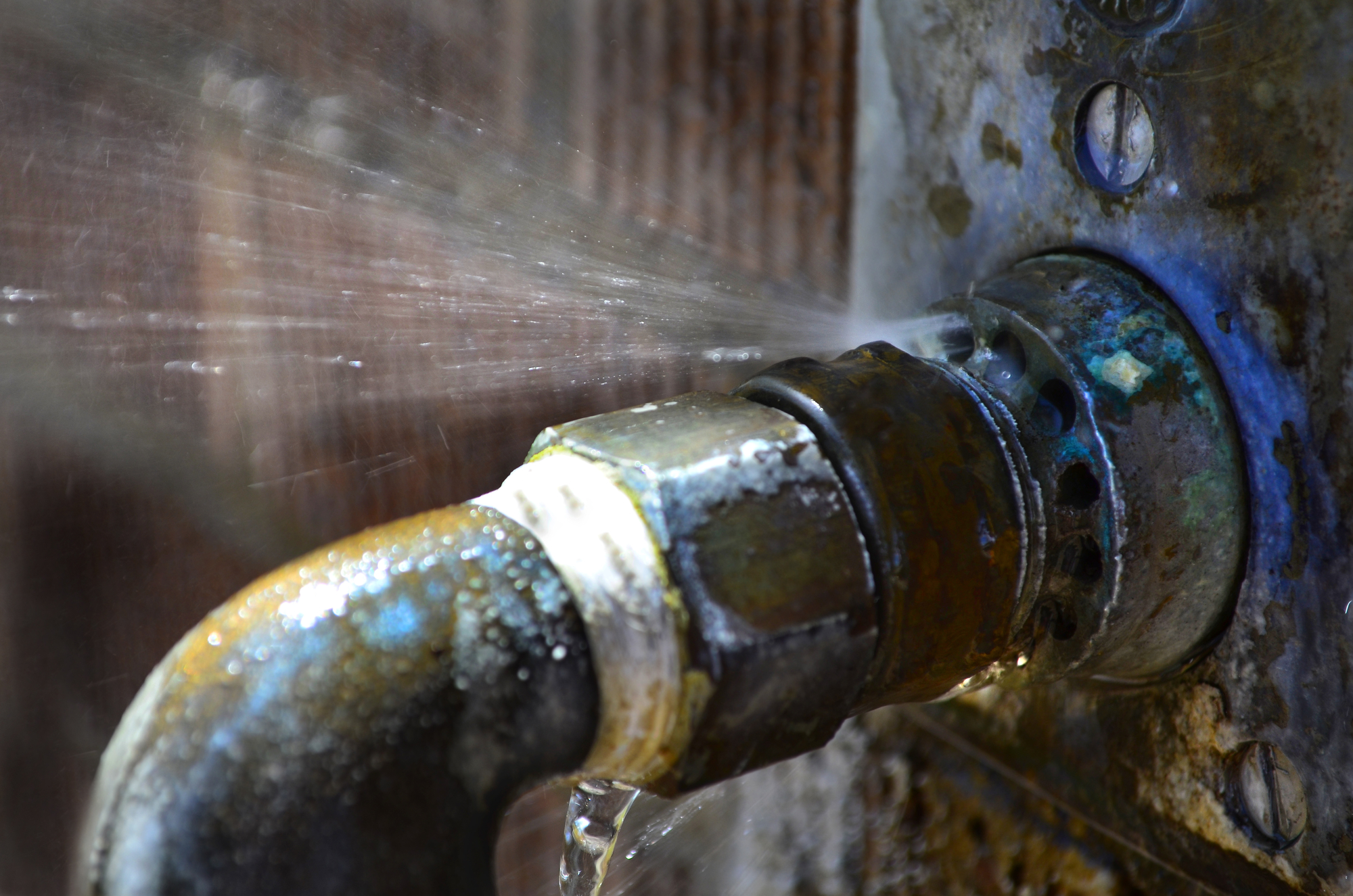
Name Of Items
- Water
- Dish detergent
- Soda
- Juice
Why These Substances Are Suitable For Drain
Water and other liquids like dish detergent, soda, and juice are safer. As they are not corrosive, flammable, or greasy/oily. They do not pose a threat of clogging the pipes and can flow easily through the plumbing system without causing any damage.
Alternatives To Pouring Syrup Down The Drain
When it comes to disposing of syrup, pouring it down the drain may seem like a convenient option. However, this can lead to clogged drains and plumbing issues in the long run. Fortunately, there are alternatives to pouring syrup down the drain that are both environmentally friendly and won’t cause any plumbing problems. In this article, we will explore some of these alternatives and how you can properly dispose of syrup without causing any harm.
Proper Disposal Methods
Instead of pouring syrup down the drain, it’s important to follow proper disposal methods to avoid any potential damage to your plumbing system. Here are some safe and eco-friendly ways to dispose of syrup:
Dispose of in the trash
The easiest and most common method of syrup disposal is simply throwing it in the trash. Make sure to empty the syrup into a sealable container or bag before placing it in the trash can. This ensures that the syrup doesn’t leak or make a mess.
Recycle the bottle
If the syrup comes in a glass or plastic bottle, you can recycle it instead of throwing it away. Check with your local recycling center to see if they accept syrup bottles. Rinse out the bottle thoroughly before recycling to remove any residue.
Donate to a food pantry
If the syrup is still open and not reaching the expiration date sooner. Consider donating it to a local food pantry or shelter. This way, you can help those in need while also avoiding any waste.
Diy Syrup Recycling
If you’re feeling creative, you can even try recycling syrup yourself. Here’s a simple DIY recipe for repurposing syrup:
| Ingredients: | Instructions: |
| 1 cup of old syrup | 1. Transfer the old syrup into a clean saucepan. |
| 1 tablespoon of vinegar | 2. Add vinegar to the saucepan and mix well. |
| 1 teaspoon of lemon juice | 3. Squeeze lemon juice into the mixture and stir. |
| 1/4 cup of water | 4. Pour water into the saucepan and stir until well the mixture is ready. |
| 5. Heat the mixture on low heat for 10 minutes, stirring occasionally. | |
| 6. Allow the mixture to cool and transfer it into a sealable container. |
When the syrup is cold, you can involve it in recipes or as a garnish for your #1 treats. This way, you won’t just save syrup but also get to enjoy a homemade, greener option.
Therefore, it is not advised to pour syrup down the drain because doing so could result in plumbing issues and clogs. All things being equal, follow legitimate removal strategies, for example, tossing it in the waste or reusing the jug.
Furthermore, you can attempt Do-It-Yourself syrup reusing for an imaginative and practical approach to reusing old syrup. By embracing these other options, you can guarantee that your pipes stay looking great and add to a greener climate.
Preventive Measures For Drain Maintenance
Proper drain maintenance is crucial to ensure a smooth and clog-free plumbing system. By taking preventive measures, you can avoid costly repairs and inconvenient backups. Below are some effective practices you can implement to keep your drains in top shape.
Regular Cleaning Practices
Avoid harsh chemical drain cleaners that can damage your pipes. Instead, opt for natural alternatives like vinegar and baking soda. Simply pour a mixture of these ingredients down the drain.
Use hot water, to break down grease and prevent buildup. Regularly flush your drains with hot water to remove any debris. This simple practice can help prevent clogs and keep the water flowing smoothly.
Consider scheduling a monthly drain cleaning to ensure the thorough removal of any stubborn buildup. Professional plumbers have professional equipment that can effectively clear out debris and prevent future clogs.
Use Of Drain Strainers
One of the most effective preventive measures for maintaining a clog-free drain is using drain strainers. These simple devices fit over your sink or shower drains, preventing debris, food scraps, hair, and other solids from entering your pipes. Here’s how you can benefit from using drain strainers:
- Prevent clogs: Drain strainers trap solid waste, preventing it from accumulating and causing blockages in your plumbing system.
- Easy to clean: Simply remove the drain strainer, empty the stuck debris into the trash, and rinse it off. This quick task ensures optimal performance.
- Extend the lifespan of your pipes: By preventing solids from entering your pipes, drain strainers reduce the risk of corrosion and extend the lifespan of your plumbing system.
Implementing these preventive measures can save you from the frustration and inconvenience of dealing with clogged drains. Take a proactive approach to drain maintenance, and you’ll enjoy a smoothly functioning plumbing system for years to come.
How To Handle Drains Clogged With Syrup
If you pour syrup down your drain, it can cause clogging as the thick liquid may solidify and restrict the flow. To handle drains obstructed with syrup, it’s best to avoid pouring it down the drain in the first place.
If syrup does get down, consider using hot water and a drain cleaner to dissolve and clear the clog.
Safe Diy Unclogging Methods
If you find yourself dealing with a drain stuck with syrup, there are various safe DIY methods you can try before calling in professional help. Here are a few effective techniques to handle the situation on your own:
Boiling Water
Start by boiling a pot of water. Carefully pour the boiling water down the drain in a slow and steady stream. The hot water can help melt and dissolve the syrup, clearing the clog in the process.
Baking Soda and Vinegar
Mix equal parts of baking soda and vinegar to create a chemical reaction that can break down the syrup. Pour this mixture down the drain and let it sit for about 30 minutes. Follow it up with hot water to flush away the loosened syrup.
Plunger
A plunger can be a useful tool in unclogging drains. Ensure there is enough water in the sink or tub to create a seal, place the plunger over the drain, and vigorously plunge up and down. The pressure created by the plunger can dislodge the syrup obstruction.
Snake or Wire Hanger
If the clog persists, you can use a plumbing snake or a straightened wire hanger to physically remove the syrup. Insert the snake or hanger into the drain and maneuver it back and forth to break up the clog.
Remember, when attempting these methods, take necessary safety precautions like wearing gloves and ensuring proper ventilation.
Consulting Professional Services
If your attempts with DIY methods are unsuccessful or if you’re not comfortable handling the situation yourself, it may be time to consider consulting professional drain cleaning services. Here are a few reasons why professional services could be the best option:
Expertise
Professional plumbers have the experience and knowledge to effectively diagnose and fix clogged drain issues, including those caused by syrup.
Tools and Equipment
Professionals have access to specialized tools and equipment designed to tackle even the toughest clogs. They can use techniques like hydro-jetting to remove the syrup buildup and restore proper drainage.
Prevention and Maintenance
In addition to unclogging the drain, professionals can provide advice on how to prevent future clogs and offer maintenance services to keep your drains flowing smoothly.
When choosing a professional drain cleaning service, make sure to research and hire a reputable company with positive reviews and proper licensing and insurance.
Raising Awareness On Syrup Disposal
When disposing of syrup, avoid pouring it down the drain, as it can cause clogs. Syrups are thick and can be difficult to wash down the drain, potentially leading to blockages. Consider alternative disposal methods to prevent drainage issues.
Promoting Sustainable Practices
When it comes to syrup disposal, it is important to raise awareness about sustainable practices. Many people may not realize the impact that pouring syrup down the drain can have on the environment. By promoting sustainable practices, we can reduce the negative effects of syrup disposal and protect our waterways.
Does It Harm Prolong Drain Age?
Pouring syrup down the drain may seem like a convenient way to get rid of it, but it can harm your drains in the long run. The syrup is thick and sticky, which means it can easily cling to the sides of your pipes and cause build-up. Over time, this build-up can lead to clogs and blockages, resulting in costly repairs. It’s best to avoid pouring syrup down the drain to ensure the longevity of your plumbing system.
Conclusion
Pouring syrup down the drain may seem like the easiest way to get rid of it. But it can lead to problematic consequences. Syrups are thick and sticky, making it difficult for them to wash away completely. Over time, they can build up in your pipes and cause clogs.
So, can you pour syrup down the drain? Well, we again prefer you do not. It’s best to dispose of syrups in the trash, ensuring a smooth and clog-free drain. So, think twice before pouring syrup down the drain and opt for the proper disposal method to maintain your plumbing system’s health.

